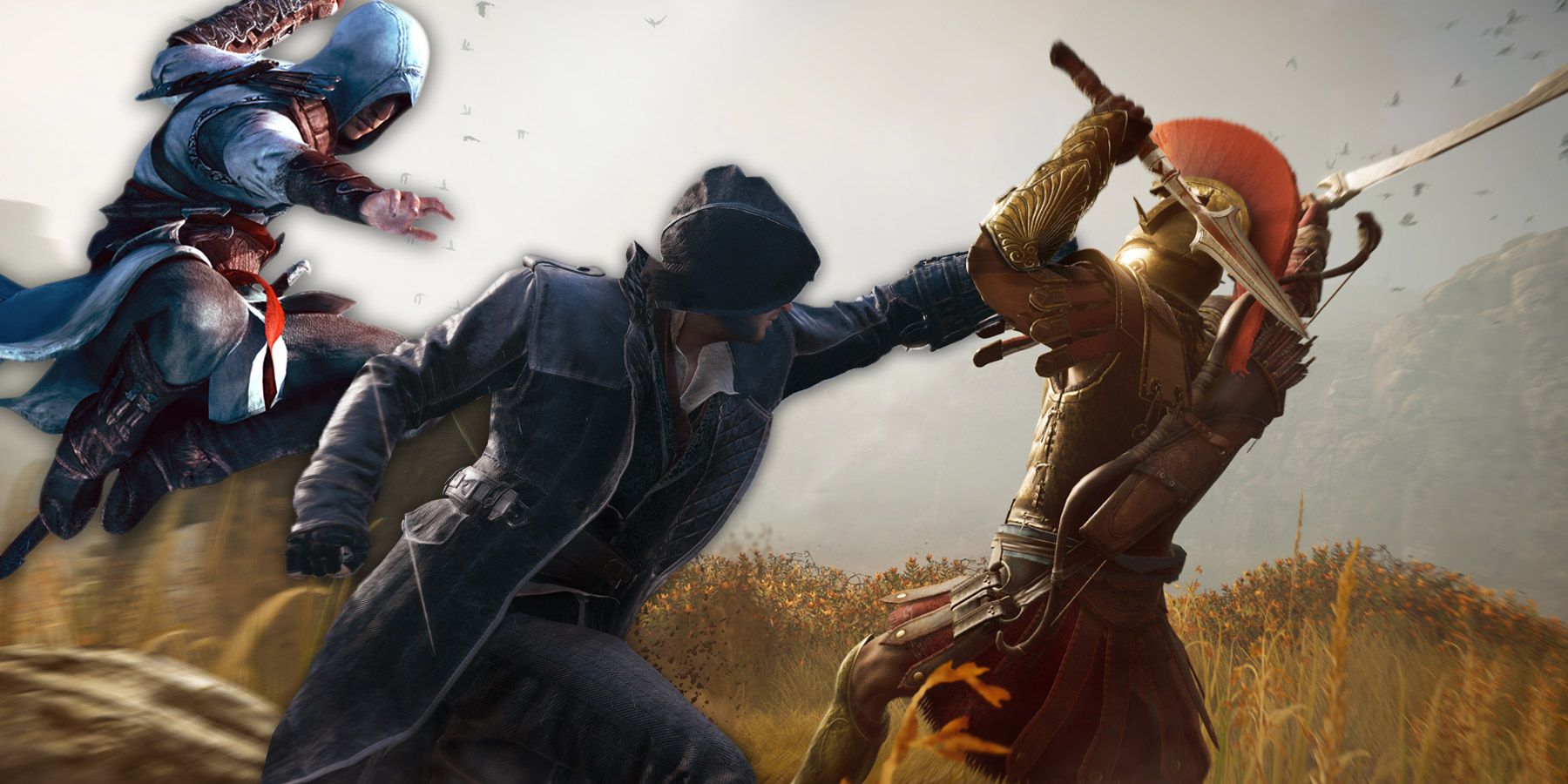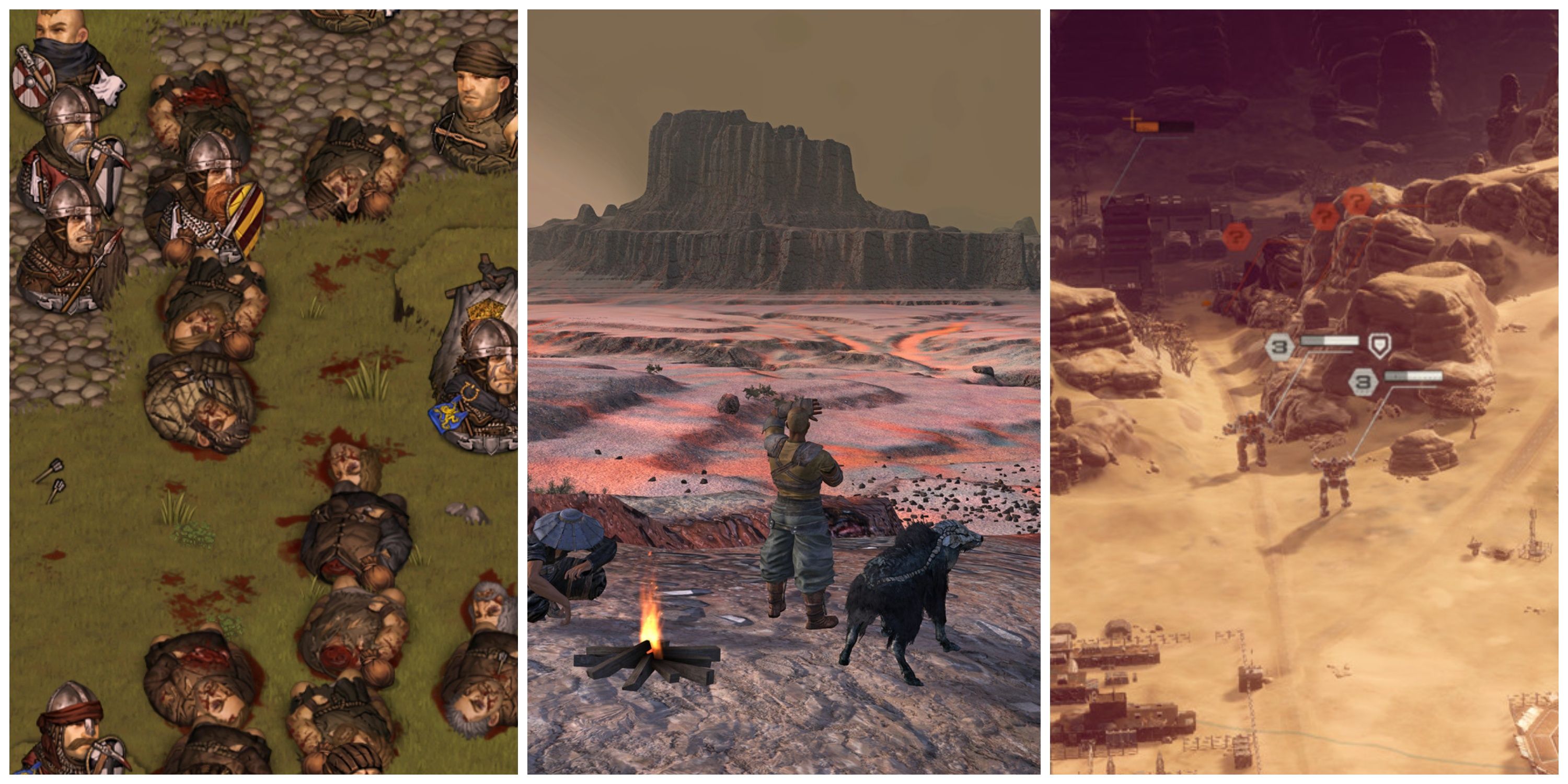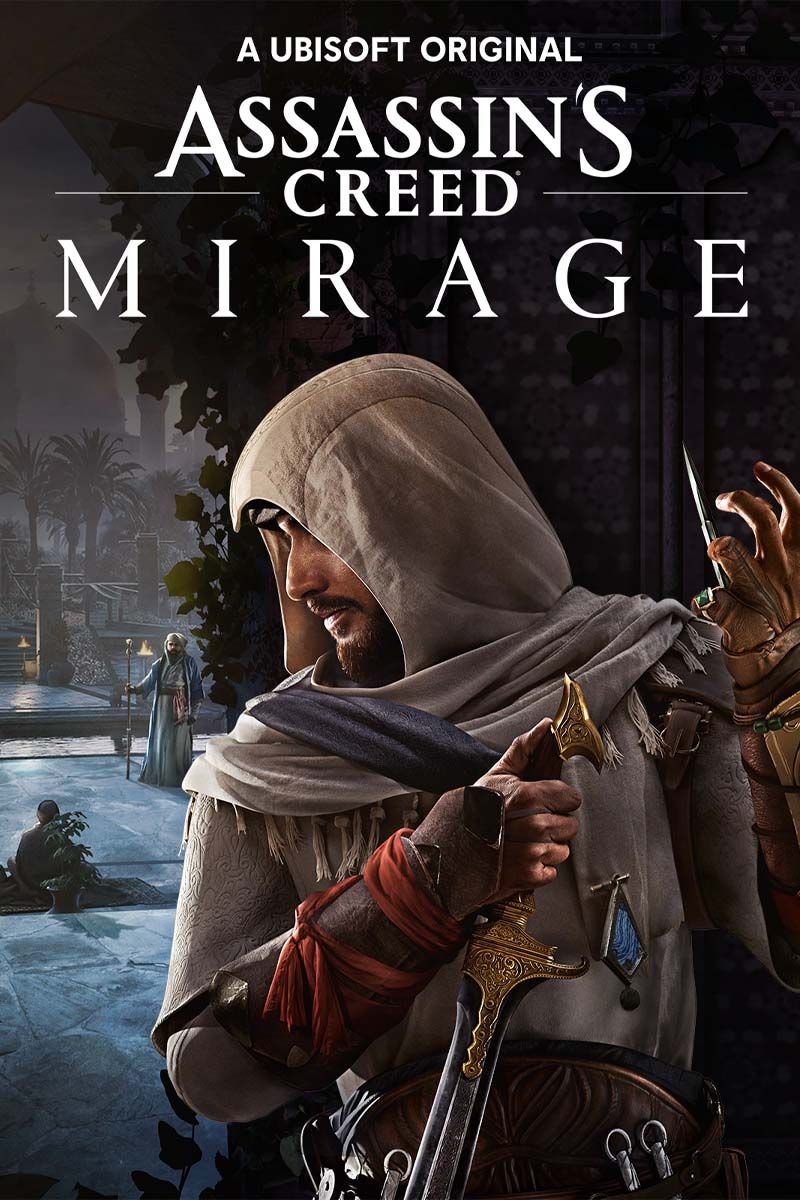Highlights
- Assassin's Creed's enduring traits include light stealth, parkour movement, and a focus on real history.
- The narrative of Assassin's Creed is a vital part of the series, tying together gameplay and historical settings.
- Despite changes over the years, Assassin's Creed remains defined by its unique gameplay elements and historical storytelling.
Assassin's Creed is one of the most popular gaming franchises ever, and easily Ubisoft's most successful property, serving as the developer's backbone for almost two decades. Like any long-running franchise, Assassin's Creed has seen significant changes over the years, both in terms of narrative and gameplay, but there are a few enduring traits that separate the franchise from the crowd.
Released in 2007, the first Assassin's Creed game is fairly restrained in terms of its scope, and has more than a few rough edges and half-baked ideas. Nevertheless, it was wildly impressive for its time and a true testament to the increased power of seventh-generation consoles. More significantly, it established a number of narrative, structural, and gameplay staples that have stuck with the series to this day, weathering even the most drastic changes and transformations, like those introduced in Assassin's Creed Odyssey.

Why Assassin's Creed Fans Shouldn't Bet Against Invictus' Success
Ubisoft has a ton of AC projects in the works, and though it might seem like the odd one out, Assassin's Creed Invictus could be the best of the lot.
The ABCs of Assassin's Creed's Gameplay
Assassin's Creed Always Has (Light) Stealth
It's no Metal Gear Solid, but all Assassin's Creed games feature stealth to varying degrees. The franchise's specific brand of stealth is built around blending in with crowds and leveraging various distractions or in-plain-sight hiding spots for the best possible advantage. Crucial to the series' approach to stealth is the fact that it's almost always optional, which allows players to approach many missions however they see fit.
Parkour and Assassin's Creed Go Hand-In-Hand
Though its depth and quality can vary greatly between releases, Assassin's Creed is incomplete without parkour, which has been a feature of every game in the series. A major selling point of the first game, the pre-OriginsAssassin's Creed titles leveraged parkour as a satisfying and unique method of traversal in dense, urban environments. Throughout the series' lifetime, parkour has evolved significantly, with Assassin's Creed 3 introducing nature-centric freerunning and Unity arguably having the franchise's best movement system to date. Although it has been streamlined and de-emphasized in recent titles, parkour will likely always be a major part of Assassin's Creed.
Assassin's Creed's Narrative Throughline
The Story of Assassin's Creed Is a Tightrope Act
Assassin's Creed's modern-day story is hit-or-miss, and it can often feel like Ubisoft isn't quite sure what it wants to do with the series' connective narrative tissue: modern-day segments can range from the fairly ambitious and action-heavy missions of Assassin's Creed 3 to the stripped-down cutscenes of Mirage and Syndicate. However, it's undeniable that the out-of-Animus content is an essential part of Assassin's Creed, as it's what ties the series together; for better or worse, the modern-day story is what makes Assassin's Creed a proper series, rather than a collection of spiritual successors.
Assassin's Creed: A History Buff's Dream Come True
It should go without saying that the most essential part of Assassin's Creed is its focus on real history. In fact, there's an argument to be made that this is the real reason that players keep coming back to the series, as the anthology format is flexible enough to allow for a virtually infinite combination of settings, heroes, side characters, and cameos from historical figures. Each new Assassin's Creed game represents a world of potential, and it's always exciting to see what locations and time periods the series will tackle next.
Assassin's Creed is ever-evolving, so a collection of definitive series traits can be hard to nail down. For instance, Assassin's Creed in the modern age has sadly become defined by aggressive microtransactions, which is something that can't be said of the franchise's older releases. Hopefully, gamers of the future can look back at Assassin's Creed for its best, most creative traditions, not its misfires or cynical business practices.



